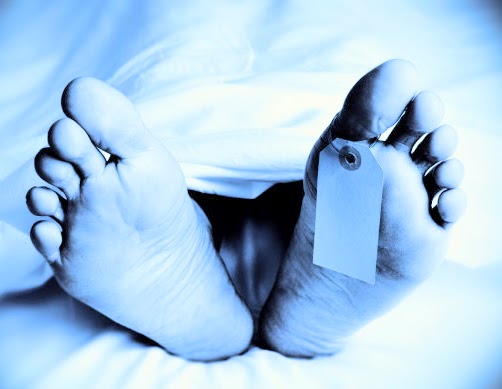 What happens when a suicidal vision grips a nation? First, the young are eliminated. In 2013 the total fertility rate of Belgium was 1.65 – nowhere near the 2.1 rate needed for population replacement. The bulk of the births was supplied by non-native Belgians in any case. Then state sanctioned medical killing is recommended because there is a costly ageing population and an unsustainable dependency ratio. Too few young people are available to pay for and look after the elderly.
What happens when a suicidal vision grips a nation? First, the young are eliminated. In 2013 the total fertility rate of Belgium was 1.65 – nowhere near the 2.1 rate needed for population replacement. The bulk of the births was supplied by non-native Belgians in any case. Then state sanctioned medical killing is recommended because there is a costly ageing population and an unsustainable dependency ratio. Too few young people are available to pay for and look after the elderly.
Euthanasia, progressives promise, is autonomy-enhancing and intended only for those well-heeled intellectuals who voluntarily opt into the programme. Those who counsel against it are ridiculed as promoting a slippery slope fallacy. The financial, medical and political interests in eliminating vulnerable people are conveniently suppressed. Warnings that safeguards are unenforceable and homicide inevitable are ignored.
Newly empowered medics realise that the best way forward is to kill those who have not asked to die but would if they could – or should. Medical homicide proceeds and, along with the reported deaths, a vast number go unreported. All well and good.
Euthanasia is prescribed then for the depressed, for transgenders, for prisoners, for children and dementia patients.
Transgender Euthanasia
All this has come to pass in Belgium. In October 2013 a young man called Nathan Verhelst was euthanased after losing the will to live after a failed sex change operation. Dr Wim Distelmans the medic who euthanased him agreed it was a difficult case but killed him anyway.
Prisoner Euthanasia
Senator Louis Ide brought attention to the euthanasia of a prisoner identified only as Frank V.D.B. Progessives in education recommend the killing of prisoners as affording a novel freedom and an extension of an existing personal right. With advance directives for organ removal, a practice now rejected by China, prisoner euthanasia offers certain utilitarian advantages: the eradication of costly criminals and the maximisation body parts.
Euthanasia for Depression
Euthanasia for the depressed is both formally recommended and indeed carried out time and again.
Euthanasia for Children and Dementia Patients
Belgian legislators are now to consider the killing of children and dementia patients notwithstanding their obvious vulnerability and in spite of the lessons of the twentieth century. A Council of Europe resolution(30th January 2014) cautions that:
“Considering the December 2013 vote in the Belgian Senate to approve by 50 votes to 17 a proposal to legalise euthanasia for children (without any age limit);
Bearing in mind that:
-
the Committee of Ministers welcomed in this respect paragraph 9 (c) of the Parliamentary Assembly Recommendation 1418 (1999), to “encourage the member States of the Council of Europe to respect and protect the dignity of terminally ill or dying persons in all respects by upholding the prohibition against intentionally taking the life of terminally ill or dying persons”;
-
the Assembly, in its Resolution 1859 (2012) stated that “Euthanasia, in the sense of the intentional killing by act or omission of a dependent human being for his or her alleged benefit, must always be prohibited”,
the undersigned members of the Parliamentary Assembly are of the opinion that this vote in the Belgian Senate:
-
betrays some of the most vulnerable children in Belgium by accepting that their lives may no longer have any inherent value or worth and that they should die;
-
mistakenly assumes that children are able to give appropriate informed consent to euthanasia and that they can understand the grave meaning and complex consequences associated with such a decision;
-
promotes the unacceptable belief that a life can be unworthy of life which challenges the very basis of civilised society.”
Organ Harvesting
In Belgium organs are harvested from victims of euthanasia. This lucrative possibility now incentivises active euthanasia, is carried out secretly and only comes to light years after the fact.
There is nothing technologically novel about poison. Starving a person to death is an ancient practice. And murder is as old as man. All that has happened recently to rationalise the race to medical homicide of the vulnerable, is that a manipulable Western populace, blind to the dangers of euthanasia, distracted by the lure of modern life and pumped up with false notions of personal autonomy, has become inured to what was rejected by Britain in 1936 but accepted by Germany as a progressive initiative. The depressed, children, prisoners and the disabled are now ripe for elimination. The bed they occupy, their property and body parts, are all up for grabs.







Comments